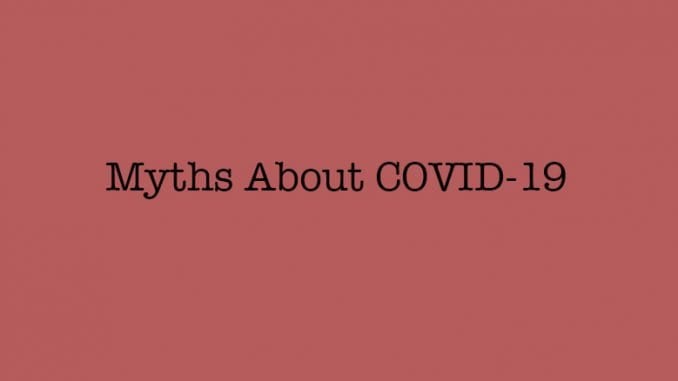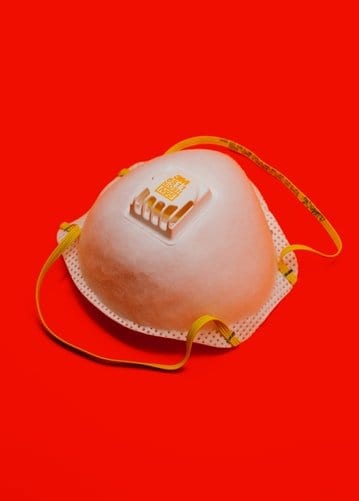
Keep calm and be vigilant when learning how to protect yourself from the coronavirus.
BY KATRINA YENTCH
BARISTA MAGAZINE ONLINE
News about COVID-19 changes fast—especially in the heavily affected regions of Europe and the United States. New facts about the virus in mainstream media are scaring the general public so much that some countries have made it a criminal offense to spread false information; several of the most heavily affected areas have been ordered to shelter in place. In addition to social distancing, some of these facts can help you better understand how to handle the situation based on your community’s cases of COVID-19.
I will catch it if I eat food infected with it.
According to the Food Safety Authority of Ireland, COVID-19 needs a host (human or animal) to grow in and cannot grow on food. It does, however, last about 24 hours on soft surfaces like cardboard (food packaging) and two to three days on plastic and stainless steel, so be cautious with the packaging of foods you buy at the grocery store, as well as the handles you’re touching to access refrigerated goods.

I can catch coronavirus in the air.
Coronavirus is not an airborne illness. Although someone might be carrying COVID-19, not everything they touch is suddenly infected with it. This coronavirus is spread through respiratory droplets via coughs and sneezing. These droplets can stay on hard surfaces for several days at a time, so it is crucial for anyone who is sick to sneeze and cough into their sleeves.
The asymptomatic, however, can potentially transfer respiratory droplets if they emit them while talking, or if they also sneeze and cough without realizing they’re a carrier. Anyone who has cold symptoms of any kind is heavily encouraged to stay home, so unless someone has coughed or sneezed onto a hard surface, it shouldn’t be assumed that every surface has COVID-19 on it.
Heat will kill the virus.
From drinking hot water to using hand dryers, the fact that coronavirus doesn’t do well in hot temperatures has led people to think they can kill the virus if they “burn it alive.” However, once someone gets the coronavirus, they have it. There is a chance of the contagion rate lowering once spring and summer temperatures arrive, but this does not mean it can’t come back with a vengeance in the fall.
Kids can’t get the virus.
While it’s true that infants are much less likely to catch the virus than those ages 60+, they can still pass on the virus to adults. As reported by CNN, it is currently not understood why infants simply have a specific immunity to coronaviruses since they are not able to get blood tests at a young age. However, the fact that they can pass it on means you should still make sure your kids are getting vaccinated, practicing proper hand washing, and covering their mouths when sneezing and coughing. The same rules apply to any young people under age 40 who are equally capable of spreading the virus.

